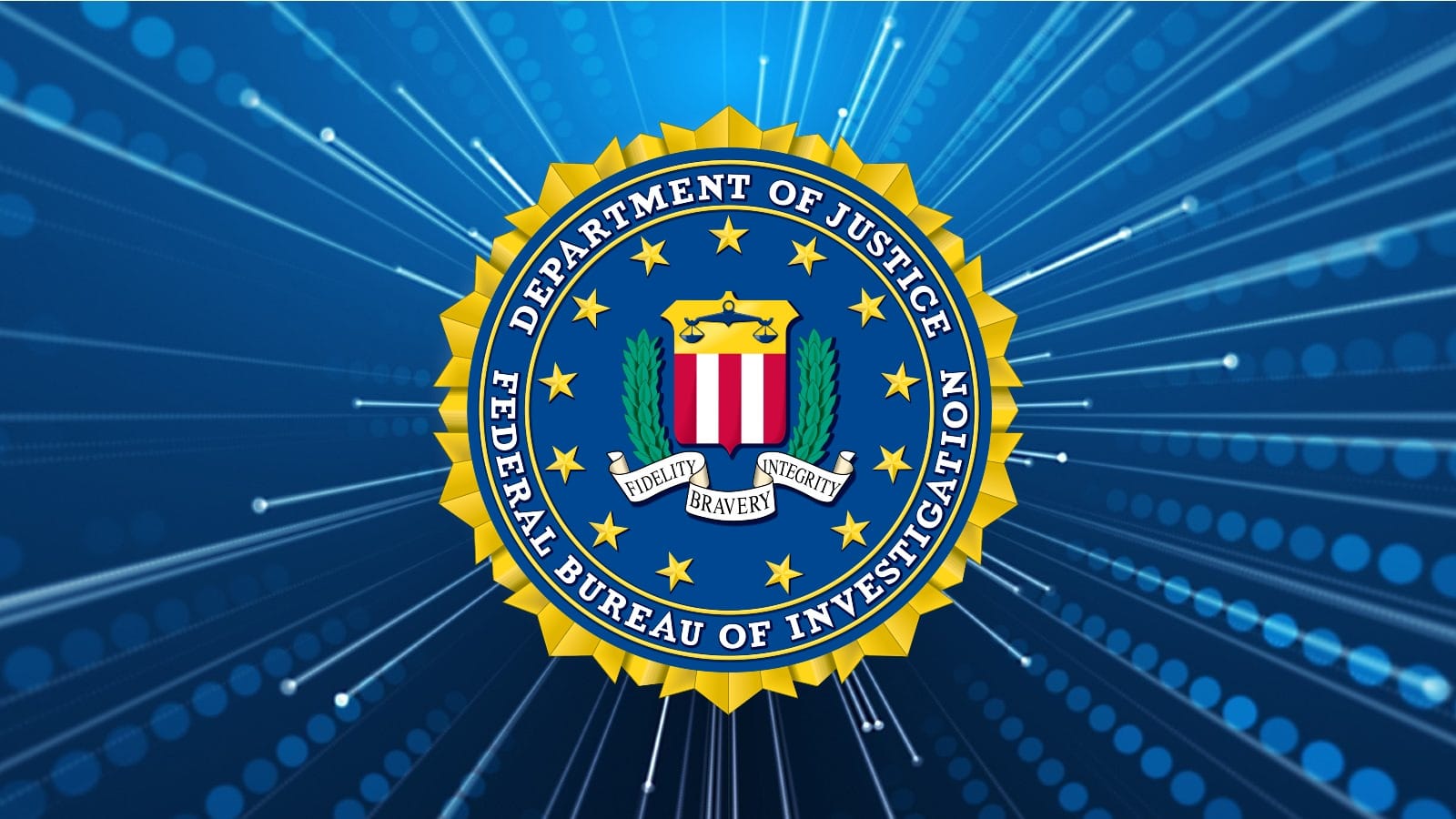FBI’s Role in Recovering Cultural Heritage: A Case Study of the Conquistador Document
The FBI has played a pivotal role in the recovery of cultural heritage artifacts, exemplified by its recent repatriation of a rare document associated with the Spanish Conquistadors to Mexico. This document, believed to have been penned in the 16th century, offers invaluable insights into the history of Spain’s imperial expansion in the Americas. After years of investigation, the FBI’s art crime team, known for its expertise in recovering stolen cultural property, successfully traced the document to a private collector in the United States. Their efforts not only highlight the importance of preserving past artifacts but also underscore the agency’s commitment to restoring cultural heritage to its rightful owners.
This case underscores several key aspects of the FBI’s mission in combating cultural property crimes:
- Collaboration: The FBI works closely with international law enforcement agencies and cultural institutions to identify and recover stolen artifacts.
- Expertise: The agency employs specialists who understand the historical significance of various artifacts, ensuring informed decisions during recovery efforts.
- Community Awareness: Through public outreach and educational programs, the FBI aims to raise awareness about cultural heritage protection and the impact of theft on communities.
As a result of these efforts, the returned conquistador document not only enriches Mexico’s cultural patrimony but also serves as a reminder of the importance of safeguarding our shared history.

The Significance of the Conquistador Document to Mexican History and Identity
The recent return of the stolen conquistador document by the FBI marks a significant moment in the ongoing dialog between Mexico and its historical narrative.This document, an artifact from the Spanish conquest, illuminates pivotal moments in Mexican history, showcasing the complexities of colonial interactions. As a primary source, it sheds light on the motivations, actions, and experiences of the conquistadors and indigenous peoples. Through this lens, historians and scholars can better understand the social and cultural dynamics that have shaped modern Mexico.
Furthermore, the document embodies a crucial aspect of Mexican identity, representing the intertwining of indigenous and colonial heritages. It serves as a reminder of the struggles and resilience of the Mexican people as they navigate their multi-faceted history. The return of such artifacts is not merely about repatriation but signifies a broader movement towards recognizing and honoring the rich tapestry of Mexican culture. By reclaiming these historical treasures, Mexico asserts its right to its narrative, fostering a deeper connection to its past and reinforcing a sense of national pride.

Strengthening International Cooperation in Art and Cultural Property Recovery
The recent return of a stolen conquistador document to Mexico by the FBI is a significant milestone in the ongoing efforts to address the illicit trade of cultural property. This event underscores the vital role that international law enforcement agencies play in safeguarding cultural heritage. The collaboration not only highlights the effective interaction channels established between the countries but also reflects a growing recognition of the importance of preserving art and historical artifacts that hold cultural significance. Such cooperative endeavors serve to reinforce the notion that heritage transcends borders,creating a shared duty among nations to protect and recover their treasures.
As nations increasingly recognise the cultural and historical value of these artifacts, efforts to enhance cooperation and streamline recovery processes are becoming essential. key steps include:
- Strengthening bilateral agreements: Countries must work together to develop and enhance treaties aimed at preventing the trafficking of art and artifacts.
- Training for law enforcement: Providing specialized training for officers in both countries can improve the identification and recovery of stolen property.
- Public awareness campaigns: Raising awareness about the value and importance of cultural property can foster community support for preservation initiatives.
By furthering these collaborative efforts, nations can create a more robust framework for tackling the challenges posed by art theft and traffickers, ultimately ensuring that cultural properties are returned to their rightful homes.

Recommendations for Future Protection of Cultural artifacts in Conflict zones
In light of the recent developments surrounding the return of the conquistador document to Mexico,it is imperative to consider extensive strategies to safeguard cultural artifacts in areas affected by conflict.International collaborative efforts must be prioritized, integrating legal frameworks and cultural preservation initiatives that cross national borders. Stakeholders, including governments, NGOs, and cultural institutions, should actively engage in discussions to create a world heritage protocol that emphasizes the significance of protecting cultural property. By developing treaties specific to cultural preservation, nations can establish legal mechanisms to deter theft and trafficking during times of unrest.
Moreover, the integration of technology presents a promising avenue for enhancing the security of these invaluable items. Utilizing advanced tracking systems and digital databases can facilitate real-time monitoring of artifacts, ensuring that they remain protected even in volatile situations. Training local communities in artifact protection and restoration can empower them to act as guardians of their heritage. Additionally, public awareness campaigns highlighting the cultural and historical importance of these artifacts can foster a sense of communal responsibility, encouraging individuals to participate in their preservation. These multifaceted approaches are essential to create a resilient framework that protects cultural heritage against the tribulations of conflict.
